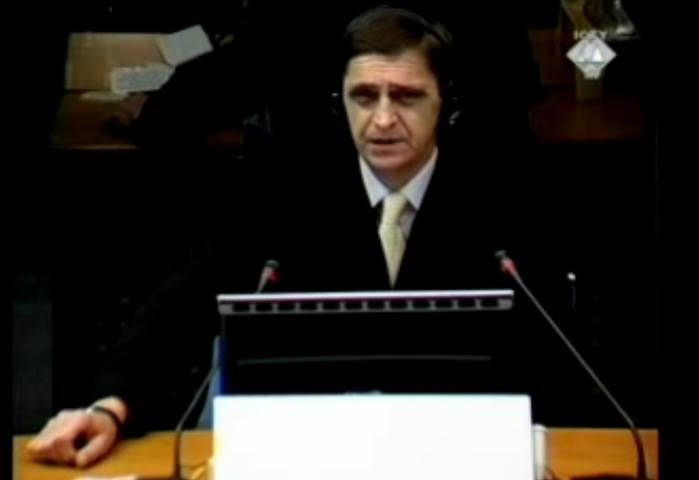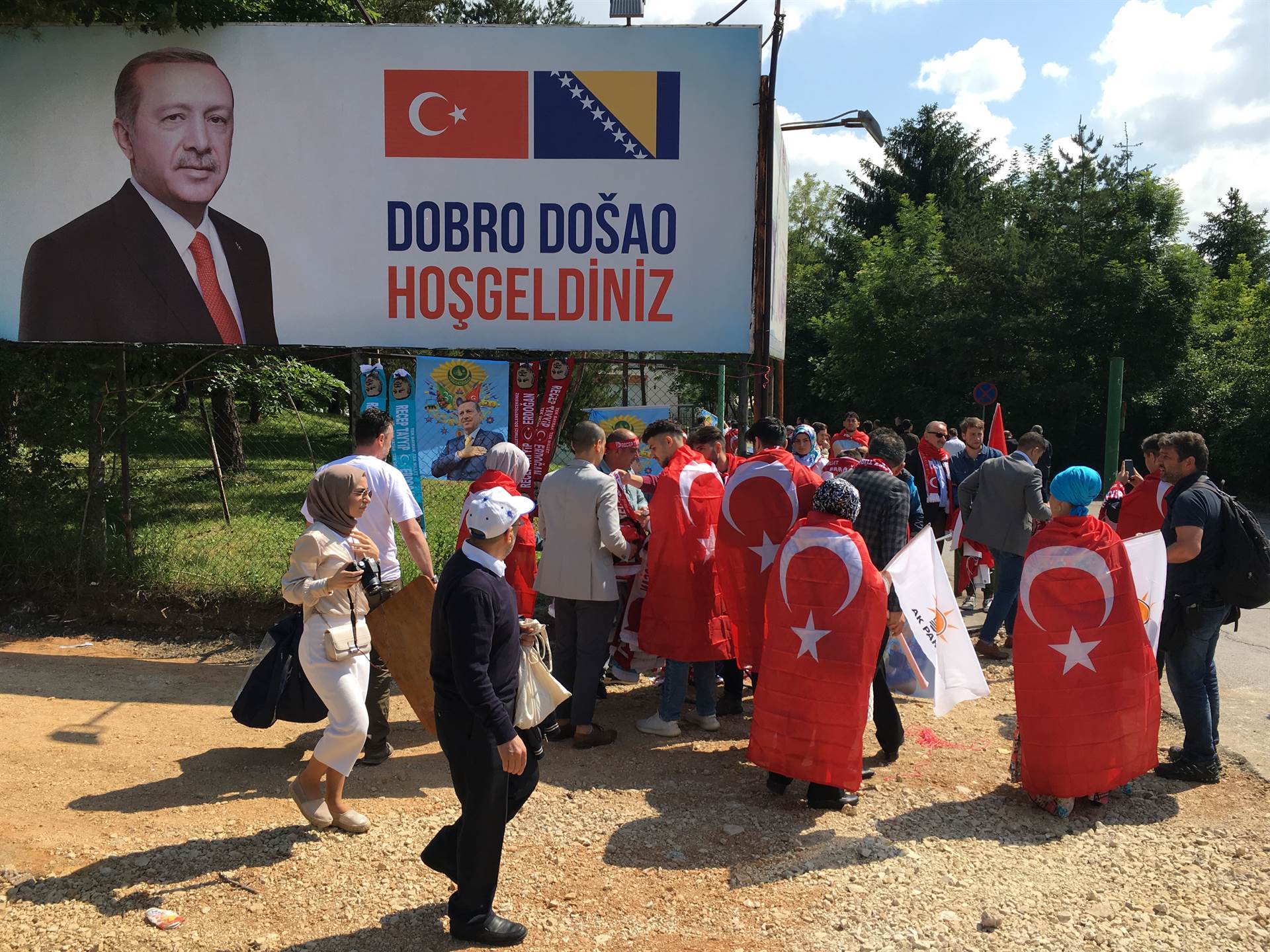This post is also available in: Bosnian
The British parliament’s committee on arms export controls on Wednesday requested internal correspondence related to the shipment of ammunition from Bosnia to Saudi Arabia, following BIRN’s investigation into the deal.
The committee said it would write a formal letter outlining the information it needs as part of an inquiry into UK arms licences issued in 2016.
On June 6, BIRN revealed that the UK failed to warn Bosnia and Herzegovina of its suspicions about the consignment of bullets officially bound for Saudi Arabia.
The shipment was brought to the UK’s attention because two British-based brokers had requested licences to mediate in the Bosnia-Saudi deal, but were turned down because of fears that the bullets would fall into the wrong hands after being delivered to the Saudis.
But the UK’s refusal came in March 2016, following 14 months of deliberation, and after the shipment had already left Bosnia with an export licence granted by Sarajevo, which had no record of any British involvement in the deal. Applications are usually decided within 20 working days.
BIRN was unable to establish if the brokers applying for the UK licences were involved in any way in the Bosnian export.
Opposition Labour Party MP Lloyd Russell-Moyle criticised the handling of the case on Wednesday and said delays to the decision meant the UK had missed the chance to stop “these weapons getting into the hands of ISIS and other Islamic front groups”.
Britain has refused to say explicitly to whom it believed the Gulf kingdom could divert the bullets, but Saudi Arabia has a well-established track record of funnelling arms from the Balkans to proxies in Syria and Yemen, and has been accused of providing weapons to Islamist groups.
Investment minister Graham Stuart at Department for International Trade, which is responsible for granting arms export licences, said that the licences had been rejected based on “the calibre of ammunition, the volume, the likely use and various other considerations”.
Half of the consignment was made up of bullets used in AK-47s, not widely used by Saudi security forces but omnipresent on the battlefields of Syria and Yemen.
Stuart admitted that his department had not contacted Bosnia but insisted that the UK would “make no apology for being thorough” about its decision-making.
“The whole point is to have a rigorous process that doesn’t just ‘fire off’ an opinion,” Stuart added
Russell-Moyle criticised the UK’s handling of the process, saying it may be “complicit” in the ammunition ending up with Islamists in Syria because of its failure to track the shipment.
Stuart said that this was exactly what UK wanted to prevent.
“It’s an extraordinary conclusion to come to suggest that when we reject and turn down licence applications for the transfer of this ammunition, that we’re in any way complicit with it being shipped. We precisely came out against it,” he said.

